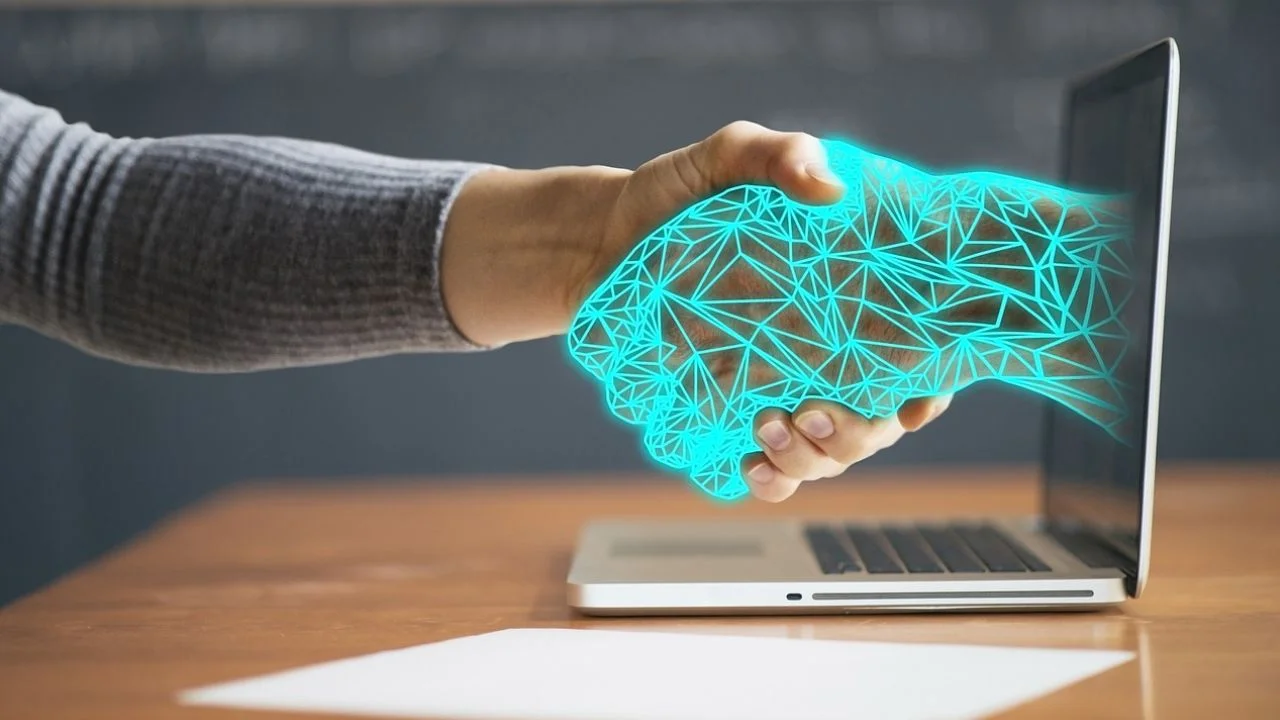Unlock the power of ChatGPT with industry-specific customization. Enhance efficiency and customer satisfaction across healthcare, finance, retail, and more.

Artificial Intelligence (AI) has transformed industries by offering solutions that streamline operations, enhance customer experiences, and drive innovation. Among these AI tools, ChatGPT stands out for its versatility and capability to be customized for various industry needs. In this blog, we explore the methods and strategies to tailor ChatGPT for specific industries, ensuring it meets their unique requirements effectively.
ChatGPT, developed by OpenAI, is a state-of-the-art language processing model known for its ability to generate human-like text and engage in meaningful conversations. Its application spans across sectors such as healthcare, finance, retail, education, and more, where customizing AI tools can significantly impact operational efficiency and customer satisfaction.
Every industry comes with its own set of challenges, regulations, and customer expectations. For instance, healthcare requires strict adherence to patient confidentiality and medical terminology, while retail focuses on personalized customer experiences and inventory management. Understanding these nuances is crucial for tailoring ChatGPT effectively.
In healthcare, ChatGPT can be customized to assist in medical diagnosis, patient care, and telemedicine. By training the model on medical literature and ensuring compliance with regulations like HIPAA (Health Insurance Portability and Accountability Act), healthcare providers can use ChatGPT to improve patient interaction, expedite diagnosis, and enhance overall healthcare delivery.
Financial institutions benefit from ChatGPT in fraud detection, customer support, and financial forecasting. Customization involves integrating the model with financial terminologies, understanding market trends, and ensuring robust security measures. This enables banks to offer personalized customer service, manage risks effectively, and optimize operational efficiency.
In e-commerce and retail, ChatGPT enhances customer service by providing real-time support, recommending products based on customer preferences, and managing orders. Customization techniques include integrating ChatGPT with Customer Relationship Management (CRM) systems, understanding product catalogs, and improving inventory management. This results in increased sales, improved customer satisfaction, and streamlined operations.
In the education sector, ChatGPT supports tutoring, language learning, and student engagement. Customizing ChatGPT involves aligning the model with curriculum requirements, creating adaptive learning algorithms, and assisting teachers with administrative tasks. This personalized approach enhances learning experiences, encourages student interaction, and supports educators in delivering quality education.
When customizing ChatGPT, businesses must adhere to legal and ethical standards. This includes complying with data protection regulations such as GDPR (General Data Protection Regulation), ensuring transparency in AI use. Addressing these considerations ensures responsible AI deployment and builds trust with stakeholders.
Several tools, APIs, and frameworks are available to aid in customizing ChatGPT for industry-specific applications. Platforms like OpenAI’s API and custom training environments enable businesses to fine-tune the model according to their unique requirements. Ongoing training and updates are essential to keep ChatGPT relevant and effective in evolving industry landscapes.
Customizing ChatGPT for industry-specific applications offers businesses a competitive edge by leveraging AI to address sector-specific challenges and meet customer expectations effectively. As industries continue to adopt AI technologies, the customization of ChatGPT presents opportunities for innovation, efficiency gains, and enhanced customer experiences. By understanding industry needs, integrating legal considerations, and utilizing available tools, businesses can harness the full potential of ChatGPT to drive growth and success in their respective fields.
In summary, the ability to customize ChatGPT for diverse industries marks a significant advancement in AI application, promising tailored solutions that cater to specific business requirements and contribute to overall industry transformation.
Subscribe and get 3 of our most templates and see the difference they make in your productivity.
Includes: Task Manager, Goal Tracker & AI Prompt Starter Pack
We respect your privacy. No spam, unsubscribe anytime.